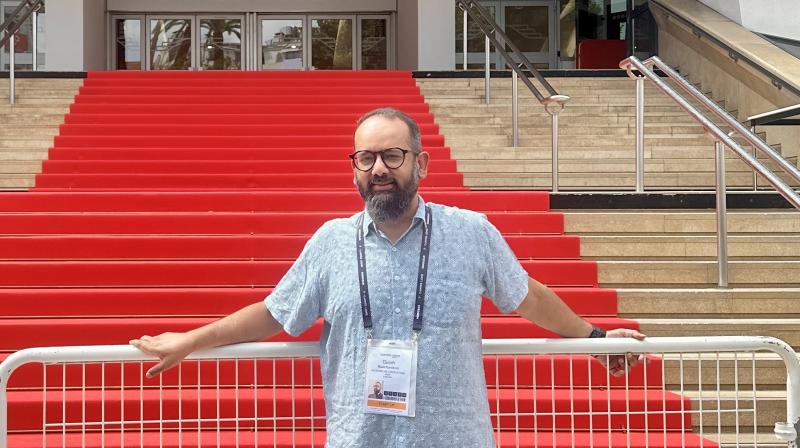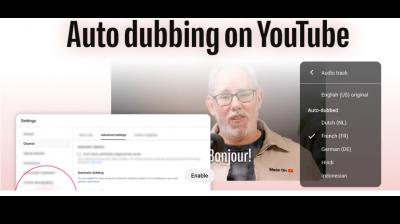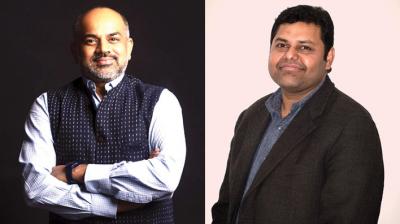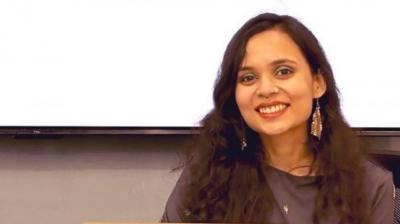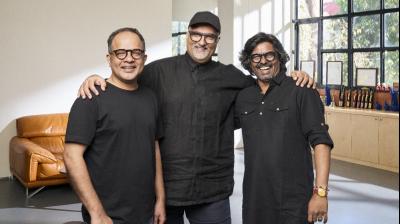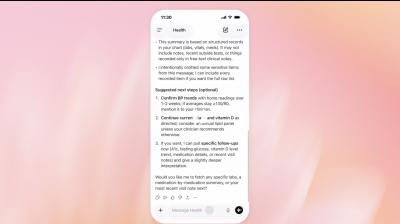The Mediterranean sun beat down on the Croisette, but the real heat was inside the pavilions where our industry’s future was being forged. Having just documented two pivotal events on day one of Cannes Lions 2025, the message ringing in my ears is stark, urgent, and deeply personal: We must choose to be better.
The first session, 'Truth, Lies & AI: What’s Really Happening in AI x Impact Marketing?' – co-hosted by PVBLIC One and The Marketing Academy – wasn’t about algorithms or ad spend efficiency. It was a profound interrogation of leadership. Sitting amongst fellow CEOs, founders, and pioneers, the consensus was unnervingly clear: the unprecedented power unleashed by AI demands an unprecedented level of moral courage.
The panel acknowledged the brutal realities – the competitive pressure, the shareholder demands, the potential for disruption so vast it necessitates difficult, even painful, decisions. Layoffs were mentioned not as abstract concepts, but as lived experiences. Yet, the panel’s resounding conclusion cut through the complexity: Even in the toughest choices, CEOs must consciously choose humanity and empathy. It’s not a luxury; it’s the bedrock of sustainable success in this new era. 'Choosing to be better' means embedding ethics into the DNA of AI deployment. It means resisting the seductive allure of hyper-personalisation that borders on manipulation. It means transparency when AI shapes narratives or makes decisions impacting lives. Profit cannot be the sole KPI; human dignity must be the non-negotiable metric. This isn’t soft idealism; it’s the hard edge of long-term viability. Trust, eroded by deceptive practices or callous implementation, is impossible to algorithmically rebuild.
Earlier in the day, a more raw but intense ICCO Climate Task Force came together - the theme of conscious choice resonated again, but on a planetary scale. The astounding success of ‘The Weather Kids’ campaign – 93% positive sentiment across 92 countries was celebrated not just as a campaign win, but as proof positive that resonant, hopeful climate messaging can move masses. Yet, the conversation swiftly moved beyond celebration to responsibility. The task force, strategizing for COP30, understood that the campaign’s triumph was merely a foundation. The real work is accelerating action, translating awareness into tangible change.
This is where the research presented by On Purpose and Impact Research & Measurement struck a critical nerve. Our analysis revealed a stark, uncomfortable truth: The narrative around the climate crisis is profoundly fractured. Media reporting in the Global North often focuses on policy debates, technological solutions, and future risks – framed through a lens of mitigation and opportunity. Conversely, reporting impacting and coming from the global majority – the communities bearing the brunt of impacts 'right now' – centres on immediate survival, loss, adaptation, and a desperate call for climate justice. But are these voices reaching the right people?
This divide is not just academic; it's actively hindering global solidarity. It perpetuates an 'us and them' dynamic, masking the interconnectedness of the crisis and obscuring the disproportionate burden shouldered by those least responsible. The task force recognized the immense opportunity – and obligation – we have as communicators: to reframe the narrative for equitable storytelling. We must amplify the voices and experiences of the global majority, not as victims, but as agents of knowledge and resilience. We must bridge the empathy gap by connecting Northern audiences to the human realities unfolding daily in the South. We must shift the story from abstract carbon targets to tangible human consequences and the urgent need for justice. This isn't just about better campaigns; it's about fostering the global unity essential for effective climate action.
Why does this duality – AI ethics and climate narrative equity – matter so intensely here in Cannes?
Because Cannes Lions, at its best, is the global crucible where creativity, media, and technology collide with the power to shape culture. What I witnessed today underscores that this power is now exponentially amplified by AI and inextricably linked to our planet's survival.
1. AI without humanity is a dead end: The call for 'better CEOs' is a recognition that the tools we wield demand wisdom. AI can optimise for engagement, but only human leaders can ensure it optimises for truth and well-being. It can personalise messages, but only ethical guardrails ensure it doesn’t manipulate or exclude. Choosing empathy in the boardroom isn’t weakness; it’s the ultimate strategic advantage in building resilient, trusted brands and organisations in an age of algorithmic scrutiny.
2. Climate action without narrative justice is incomplete: We cannot hope to mobilise the global collective will needed for COP30 and beyond if the story remains skewed. Creativity must be harnessed to dismantle the artificial North/South divide in climate discourse. Our industry has the unique skills to make the abstract personal, the distant immediate, and the complex emotionally resonant. ‘The Weather Kids’ proved we can generate positive sentiment; now we must leverage that skill to generate profound understanding and equitable urgency.
3. The Cannes imperative is this: We stand at a convergence point. Technology gives us god-like power to inform and influence. The climate crisis demands we use that power wisely, justly, and urgently. The choice presented to CEOs in the AI panel – choose to be better – extends to all of us in this industry.
Will we use our creativity and technological prowess to perpetuate old divides and short-term gains? Or will we choose to be better – to lead with humanity, to amplify marginalised voices, to tell stories that unite rather than divide, and to build an equitable future where both business and the planet can thrive?
The discussions today weren't theoretical. They were a roadmap. The power is in our hands. The choice, as ever, is ours. Let’s choose wisely. Let’s choose better. Our future, quite literally, depends on it.
The author is founder, On Purpose.

.jpg)
